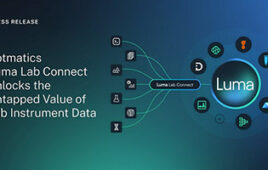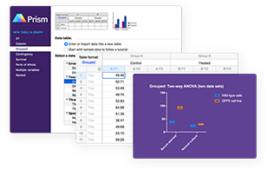 KANSAS CITY, Mo. (AP)—Mathematicians at the University of Central Missouri have identified the largest prime number yet, but good luck remembering it.
KANSAS CITY, Mo. (AP)—Mathematicians at the University of Central Missouri have identified the largest prime number yet, but good luck remembering it.
The university said Wednesday that a group led by computer science and mathematics professor Curtis Cooper found the 17 million-digit prime number last month. It is the 48th known Mersenne prime and is the third discovered at the 11,800-student university in Warrensburg, about 50 miles east of Kansas City.
Primes are numbers such as 3, 7 and 11 that are divisible only by themselves and 1 without leaving a remainder.
Mersenne primes are named after the 17th century French mathematician who discovered them, Marin Mersenne. They’re expressed as 2P-1, or two to the power of “P” minus one. P is itself a prime number. For the new prime, P is 57,885,161.
The number was independently verified using different programs running on different hardware, according to the Great Internet Mersenne Prime Search, or GIMPS, a cooperative in which underused computing power is harnessed to perform the calculations needed to find and verify Mersenne primes.
The university, which is affiliated with the worldwide computing project, used about 1,000 campus computers in its search. Special software allows students to check email and write papers on campus computers while the machines’ excess computing capacity searches for the elusive numbers.
The school also found then-record prime numbers in 2005 and 2006. Mathematicians at UCLA broke the Missouri school’s record in 2008 with a 13 million-digit prime number.
Cooper, whose group’s latest finding is eligible for a $3,000 research award, said each subsequent prime number is tougher to find.
“Every time I find one it is incredible,” Cooper said. “I kind of consider it like climbing Mount Everest or finding a really rare diamond or landing somebody on the moon. It’s an accomplishment. It’s a scientific feat.”
Mike Breen, a spokesman for the American Mathematical Society, said the large prime numbers are exciting for mathematicians and computer scientists. He noted the latest number discovered is so enormous that is would take reams and reams of paper to print it out.
“It is great to test computers,” Breen said. “When they find a number, they have to find out, it looks like it might be a prime, but they don’t know for sure, so they have to do all kinds of tests on it. That is a good way to test how your algorithm is working, how fast your computer is. Things like that.”
Meanwhile, the hunt continues for a 100 million-digit prime number, which could fetch a $150,000 prize from the Electronic Frontier Foundation, a San Francisco-based nonprofit.
Source: The Associated Press




